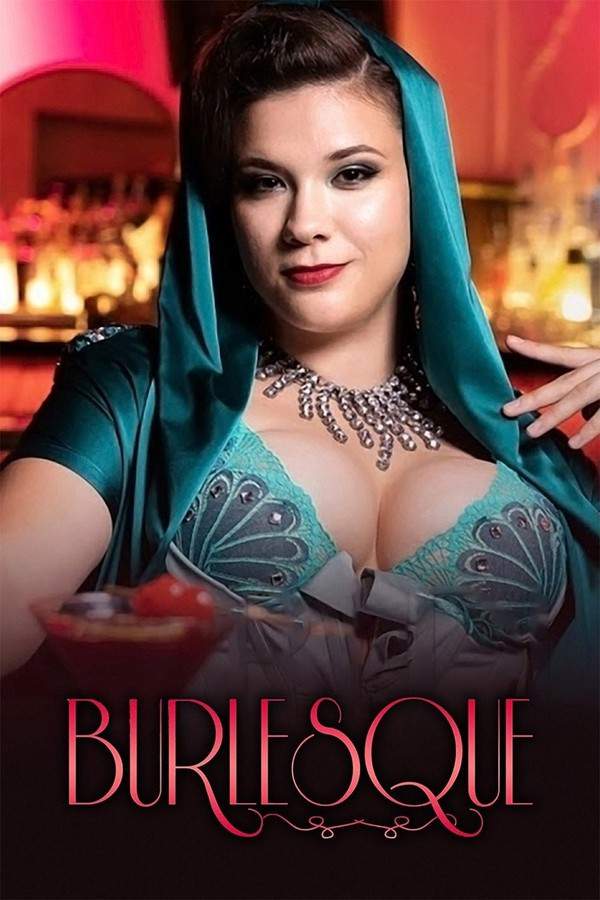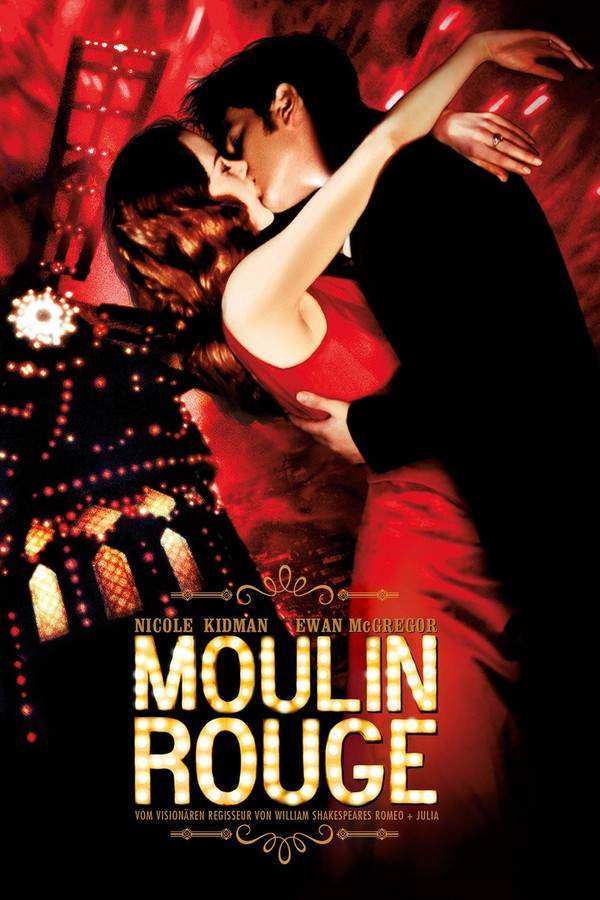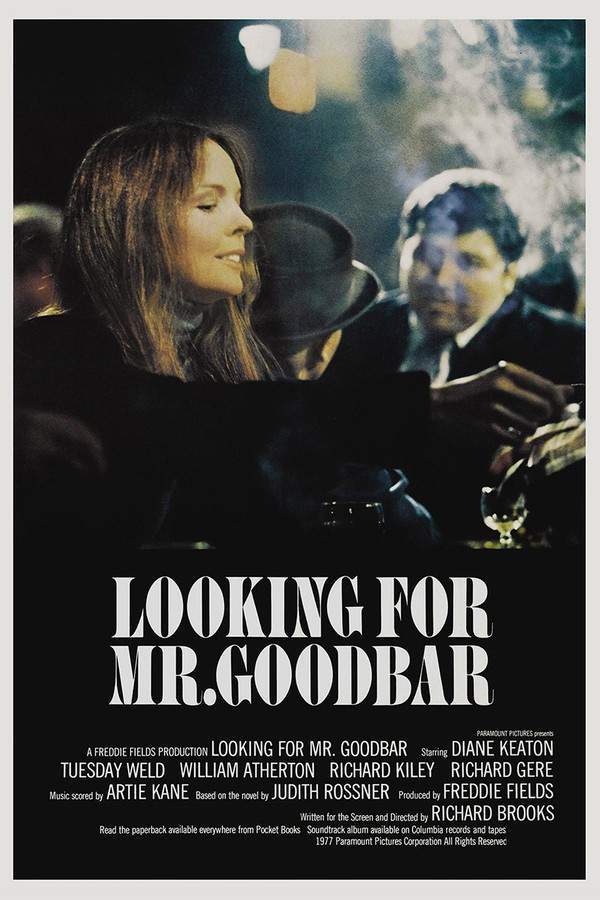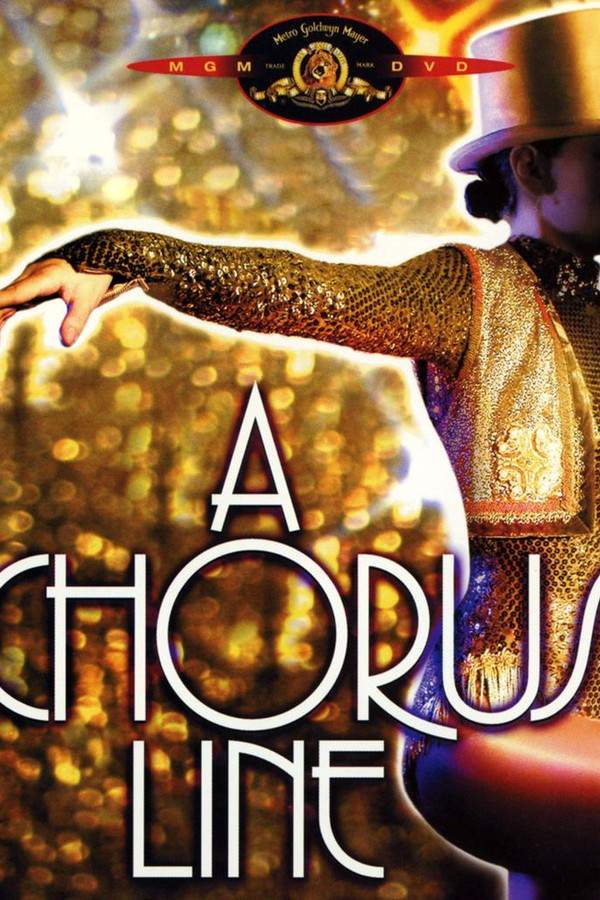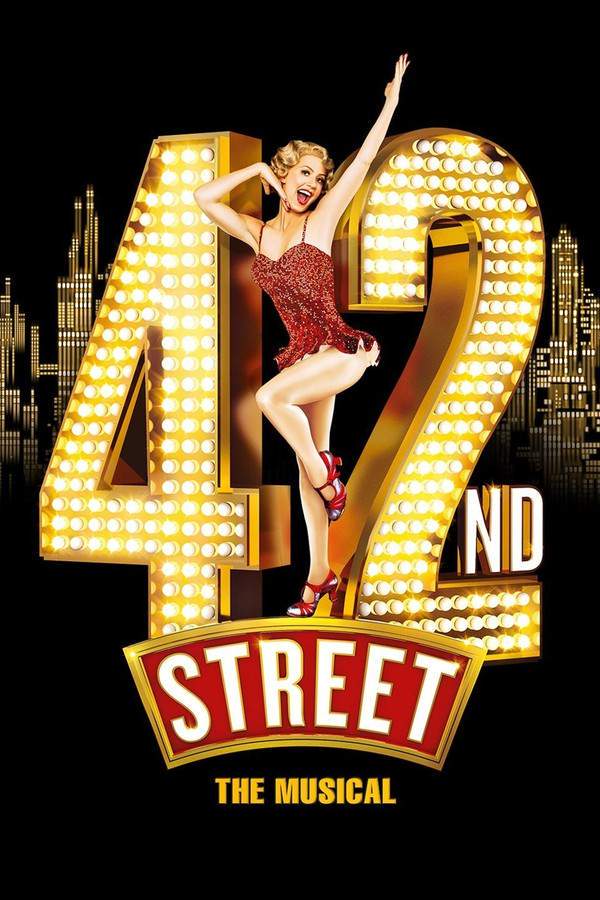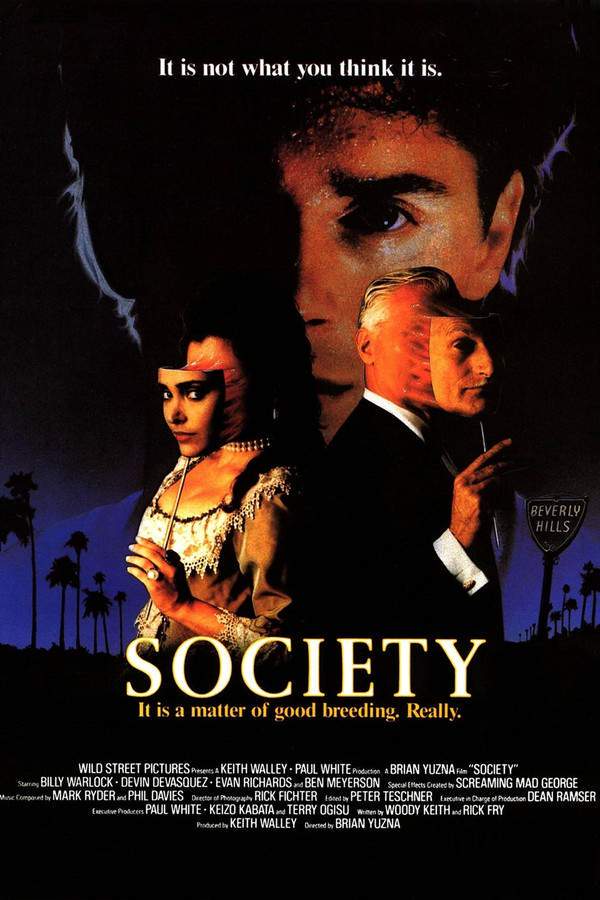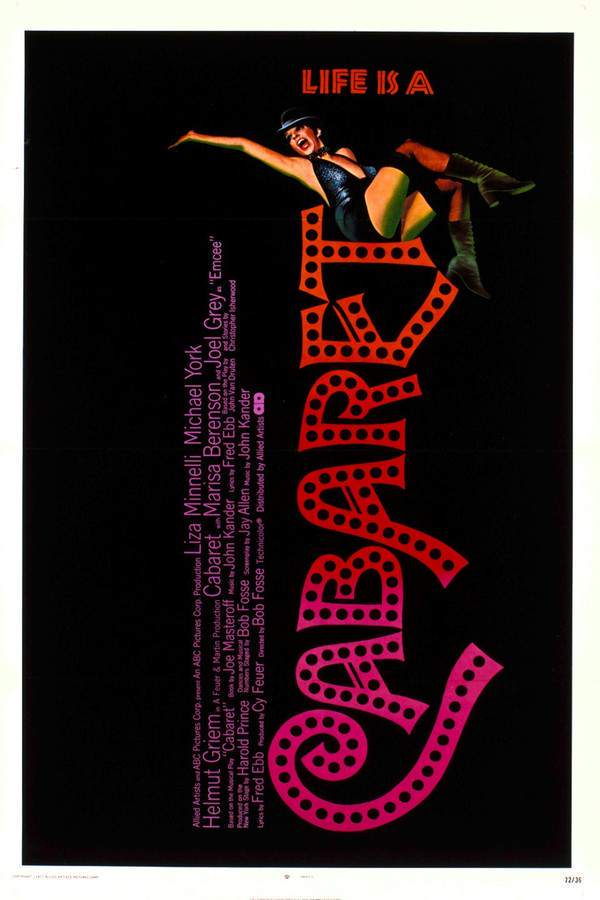
Cabaret 1972
Directed by

Bob Fosse
Made by

Allied Artists Pictures
Cabaret Plot Summary
Read the complete plot summary and ending explained for Cabaret (1972). From turning points to emotional moments, uncover what really happened and why it matters.
Sally Bowles, portrayed by Liza Minnelli, is an American singer and dancer navigating life in Germany during the turbulent interwar years. Aspiring to achieve fame and fortune, she struggles with a significant drinking problem that affects her ambitions. Sally performs at the Kit-Kat cabaret, a gritty venue known for its risqué musical performances. The charismatic Master of Ceremonies, played by Joel Grey, not only introduces the provocative acts but also partakes in them, adding to the club’s allure.
As tensions rise, the encroachment of Nazi ideology is subtly underscored in club interactions, highlighted by a scene where patrons are solicited for donations by Nazi representatives, only to be brusquely ejected by the club owner.
Sally’s life takes a turn when she meets Brian Roberts, played by Michael York, who moves into the room she’s renting in a flat shared with older residents. Brian, in Berlin to complete his PhD and teach English, is financially strapped but becomes a close companion to Sally. Their relationship blossoms into a sexual affair, although Sally keeps her heart at a distance, preferring the allure of wealth over love.
Their connection deepens, yet Sally is torn between her affections and her goal of marrying into money. A chance encounter with Maximilian von Heune, portrayed by Helmut Griem, changes everything; he assists her at a laundrette and charms her with a life of opulence. Intrigued by his luxurious lifestyle, Sally’s infatuation grows, leading her to abandon Brian for the seduction of wealth and status.
As Sally and Brian play matchmakers for the ambitious student Fritz Wendel and the wealthy heiress Natalia Landauer, the subtext of their shared struggles becomes evident. Their guidance ultimately helps Fritz realize his genuine feelings for Natalia, despite their socio-economic barriers.
Meanwhile, as their escapades unfold amidst increasing political tension, it becomes evident that their glittering lives are threatened by the rise of the Nazi regime. In a chilling moment at a beer garden, a Nazi youth singing a patriotic anthem reflects the shifting sentiments in society that they can no longer ignore.
Max, ensnared in his own tangled web of relationships, reveals his infidelity to both Brian and Sally alike, while the three indulge in an evening of excess that highlights their disillusionment. However, the shadow of looming hatred and societal upheaval begins to crush their carefree existence.
As events spiral towards the darker realities of the time, Sally reveals her pregnancy, leaving her uncertain about the father, it’s either Brian or Max. Faced with this existential decision and Brian’s proposal of marriage, Sally finds herself standing at a crossroads, struggling with the weight of her aspirations versus her grim present.
Ultimately, in a moment of desperation, Sally offers her fur coat as payment for an abortion, which leads to the unraveling of her relationship with Brian. With an inevitable sense of loss, Brian decides to return to England, leaving Sally to confront her fate alone.
At the train station, as Brian departs, Sally resolves to remain at the club, singing a haunting final performance of “Cabaret.” Under the now oppressive atmosphere, the joyful spirit is replaced with a stark reminder of the grim realities outside, as they witness the encroachment of Nazism in the very fabric of their lives.
Cabaret Timeline
Follow the complete movie timeline of Cabaret (1972) with every major event in chronological order. Great for understanding complex plots and story progression.
Sally Bowles' Introduction
Sally Bowles, an American singer and dancer, is introduced as she navigates life in Berlin during the interwar years. She is ambitious and dreams of achieving fame and fortune, yet she battles a significant drinking problem that complicates her aspirations.
Performances at Kit-Kat Club
Sally performs at the infamous Kit-Kat cabaret, renowned for its risqué musical acts that entertain a diverse crowd. The club's charismatic Master of Ceremonies enhances the club's allure with his provocative introductions.
Nazi Influence in Society
The rising tensions of Nazi ideology permeate the atmosphere, evident when club patrons are solicited for donations by Nazi representatives. This moment starkly emphasizes the growing political unrest surrounding Sally and her friends.
Brian Moves In
Sally's life shifts dramatically when she meets Brian Roberts, a broke PhD student who moves into her flat. Despite financial struggles, Brian becomes a close companion, and their friendship soon transforms into a passionate affair.
Sally's Dilemma
As Sally and Brian grow closer, she confesses her internal conflict: the lure of wealth overshadowing her feelings for him. This ambition clouds her judgment, pushing her away from deep emotional connections.
Meeting Maximilian
During a laundrette visit, Sally meets the wealthy Maximilian von Heune, who charms her with tales of opulence. This encounter ignites her interest in a life filled with luxury, making her reconsider her relationship with Brian.
Manipulating Relationships
Sally and Brian take on the role of matchmakers for their friend Fritz Wendel and heiress Natalia Landauer. Their efforts highlight the complexities of their own relationships and societal boundaries they are striving to navigate.
Growing Political Tension
The political landscape grows increasingly hostile, underscored by a chilling moment when a Nazi youth sings a patriotic anthem in a beer garden. This signifies the societal shift that threatens to engulf their glamorous lives.
Max's Infidelity
Max reveals his infidelity to both Brian and Sally amidst an evening filled with excess. This moment deepens their disillusionment and highlights the fragile nature of their relationships against the darkening backdrop of their times.
Sally's Pregnancy
Sally discloses her pregnancy, uncertain whether Brian or Max is the father. This revelation forces her to examine her life choices and the looming proposal from Brian, presenting her with a critical crossroads.
Desperate Measures
In a moment of desperation and turmoil, Sally sells her fur coat to afford an abortion. This act signifies the unraveling of her relationship with Brian and represents a poignant choice deeply rooted in her ambitions.
Brian's Departure
Confronted with the weight of their shattered relationship, Brian decides to leave for England. As he departs, Sally is left to face her uncertain future alone, marking a painful end to their connection.
Sally's Final Performance
At the Kit-Kat Club, Sally performs a haunting rendition of 'Cabaret' as an act of defiance against the grim realities closing in on them. Her performance marks the end of her carefree life, underscoring the societal encroachment of Nazism.
The Grim Future
As Sally finishes her performance, the celebratory atmosphere is contrasted sharply by the oppressive realities that have seeped into their lives. The performance symbolizes the fading joy and creeping dread of the Nazi regime.
Cabaret Characters
Explore all characters from Cabaret (1972). Get detailed profiles with their roles, arcs, and key relationships explained.
Sally Bowles (Liza Minnelli)
Sally Bowles is a complex character struggling with her ambition and personal relationships in a politically charged environment. A talented singer and dancer, she embodies both the vibrancy and desperation of the cabaret scene, often masking her vulnerabilities with bravado. Her journey is marked by a conflict between her desire for love and the allure of wealth, leading to significant personal sacrifices.
Brian Roberts (Michael York)
Brian Roberts is an English PhD student who becomes Sally's close companion. Intelligent and introspective, Brian represents the struggle of the intellectual class during a time of chaos. His initial attraction to Sally reveals his yearning for connection, but he ultimately faces the harsh realities of political and emotional turmoil in their relationships.
Cabaret Settings
Learn where and when Cabaret (1972) takes place. Explore the film’s settings, era, and how they shape the narrative.
Time period
Interwar Years (1918-1939)
The interwar years were a time of significant political and social change in Germany, marked by economic turmoil and the emergence of extremist ideologies. This period saw a cultural renaissance, particularly in the arts, juxtaposed against the threat of rising fascism. The struggles of individuals like Sally Bowles reflect the broader societal conflicts and the anxiety of an impending crisis.
Location
Berlin
The story takes place in Berlin during the interwar years, a vibrant yet tumultuous city. Known for its cultural dynamism, Berlin is home to a variety of cabarets that showcase dance and music, serving as a backdrop for characters who embody the era's struggles and aspirations. However, beneath its lively surface, the city grapples with the approaching darkness of Nazi ideology.
Cabaret Themes
Discover the main themes in Cabaret (1972). Analyze the deeper meanings, emotional layers, and social commentary behind the film.
💔
Love vs. Ambition
The conflict of love versus ambition is central to Sally's journey as she navigates her relationships with Brian and Maximilian. While she yearns for genuine affection, her pursuit of wealth often complicates her emotional connections. This theme highlights the sacrifices individuals make when faced with societal pressures and personal desires.
🎶
Escape through Performance
Performance serves as an escape for the characters, particularly in the Kit-Kat cabaret where Sally performs. The allure of the stage contrasts sharply with their troubling realities, showcasing how art can provide both distraction and reflection amidst chaos. This theme underscores the power of performance in coping with life's challenges.
⚠️
Political Upheaval
The shadow of the Nazi regime looms over the characters, influencing their lives and relationships. As political tensions rise, the carefree atmosphere of the cabaret begins to fray, revealing that the personal choices of the characters are deeply intertwined with the broader societal changes. This theme serves as a poignant reminder of the impact of ideology on individual lives.
Movies with Similar Twists and Themes
Uncover films that echo the narrative beats, emotional arcs, or dramatic twists of the one you're exploring. These recommendations are handpicked based on story depth, thematic resonance, and spoiler-worthy moments — perfect for fans who crave more of the same intrigue.
Featured on this page

What's After the Movie?
Not sure whether to stay after the credits? Find out!
Explore Our Movie Platform
New Movie Releases (2025)
Famous Movie Actors
Top Film Production Studios
Movie Plot Summaries & Endings
Major Movie Awards & Winners
Best Concert Films & Music Documentaries
© 2025 What's After the Movie. All rights reserved.



